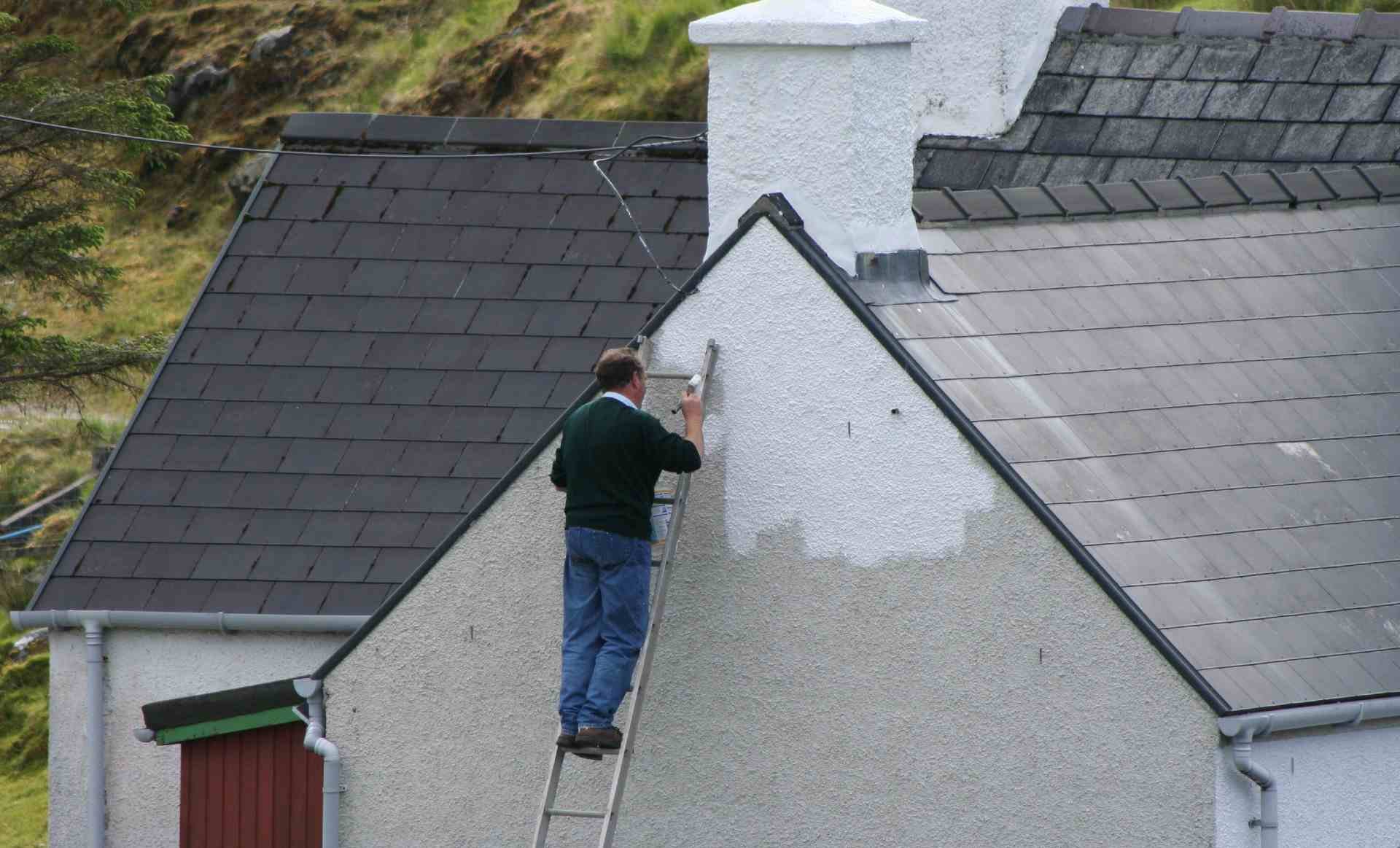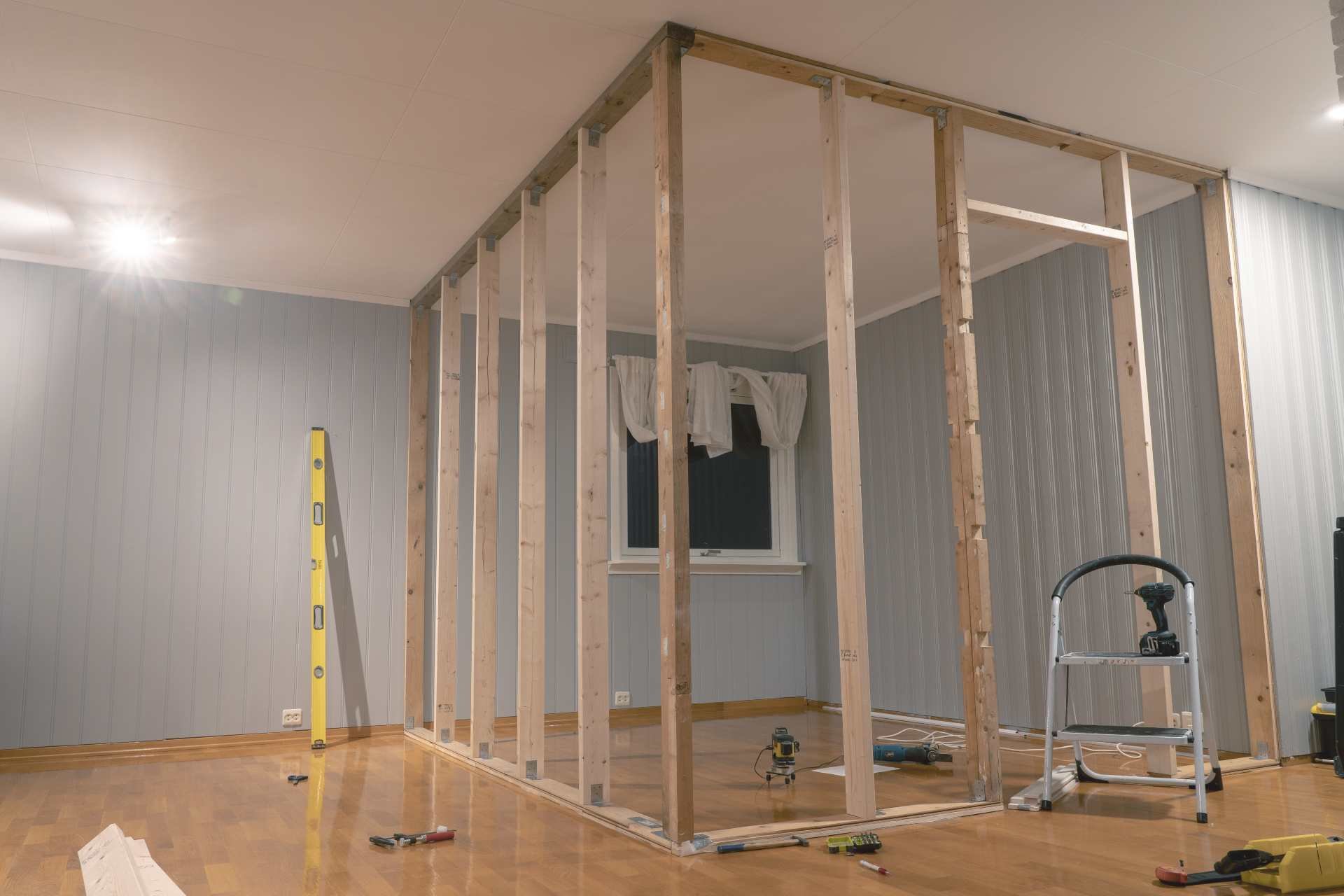Ageless Tips to Buying a Historic Home
Historic homes are beautiful and intriguing – that’s hard to deny. It’s no wonder so many people want to buy them. Unfortunately, many of those people don’t know exactly what they’re getting into when it comes to such a purpose.
If you’re considering buying a historic home, the first step is to understand what you’re getting into and how to manage it all. Let’s dive in and clear it up so that you’ll be prepared.
What Makes a Historic Home Historic?
There are many old homes out there, but just being old doesn’t constitute a historical status. Though it does need to be at least 50 years old, age is just one portion of the equation. It also has to meet the following criteria.
The home still needs to look like it did when first built. This doesn’t mean it hasn’t been maintained, painted, or other things. It really just means that there are no significant deviations from the original condition. We’ll dive into the more below when we get into what historic homeowners can and cannot do.
The home has to be significant to history in some way. For example, an important figure lived there, it was a meeting place of an important group, there is some architectural significance, or something similar.
It’s also important to note that a home doesn’t always have to hit the 50-year mark. Some homes that are newer than that may be designated “historic” if it’s extremely significant in some way. This is, however, an exception – not a rule.
What It Means To Buy a Historic Home?
If you decide to go through with buying a historic home, you are playing a role in preserving history – literally. A historic home is not like other homes. You can’t just decide to tear down the walls and make an open floor plan. You have a responsibility to preserve the home’s historical integrity.
What does this mean, exactly? In short, if you want a home you can fully renovate and make your own, a historic home is not the play.
If your home is on the National Register, there will be restrictions on what you can and cannot do. These restrictions can vary depending on the property and the regulatory organization.
Changing the color of the exterior paint
Replacing windows and shutters with any style other than what’s there
Adding on new rooms to the home
Tearing down almost anything but especially architecturally significant items, such as fireplaces and archways
Generally speaking, there are restrictions on anything that could impact the original look, feel, and character of the property. Again, these restrictions can vary.
If you’ve found a historic home you’re in love with, you can check in with your local municipalities to determine what you can and can’t do. You can then determine whether or not you want to proceed with the purchase. The point here is to just make sure you know that there are restrictions you’ll face.
Challenges Of Buying a Historic Home
In addition to having restrictions on what you can’t do to the home, there are a couple of other challenges to consider.
Maintenance
The first is that one of the things you are responsible for is maintaining the home – and that can get pricey. Let’s start with the understanding that, in most cases, you’ll have to use historically accurate materials for maintenance jobs. What does that mean? If your floor needs to be replaced, the same wood used in the first place will need to be used.
This won’t always be an issue, as some types of materials are still easily accessible. Others, though, aren’t so easy to come by. And they’ll be expensive.
You should also consider the fact that you’re thinking about buying an old home. Yes, it’s historic, but it’s old. If you’ve ever lived in an old home before, you know how often repairs need to be made. That’s just the nature of living in an old home – especially one that you can’t upgrade. So not only will the repairs usually cost more, but you’ll have to do them more often.
Additionally, pretty much any move you make will take longer. Most work has to be approved by the governing municipality before you can even get started. This could take weeks, months, or longer.
Financing and Insurance
Not all lenders or insurance companies will agree to touch a historic home. While they are still homes, they usually require a great deal of upkeep, which can eat into the money you have to pay for a mortgage. Considering that, some lenders are afraid that you won’t have the cash flow to repay them.
As far as home insurance goes – well – remember, it’s an old house. Old houses tend to come with more risk, and not all insurers are prepared to take on that risk. Those that do will charge you a pretty penny for a policy.
Tourism
You’re trying to move into a home that’s registered as historic. This means that there is a pretty good chance tourists will be stopping by your home. You don’t have to let them in, of course, unless you want to use your home for fundraisers and such. Many historic homeowners choose to do this, but you don’t necessarily have to.
It’s more that you’ll probably have people standing outside of your home, admiring it and taking photos. And it might be included in some tours.
This is more of a personal thing and may not bother you. Personally, I like my privacy and am not keen on the idea that tourists might be in front of my home at any time. So, if you’re just interested in the home and not in sharing history, a historic home might not be the right move.
Advantages To Factor In
It’s not all doom and gloom. There are some benefits to buying a historic home, of course, and they’re important to know.
One major benefit is that you are playing a role in history. That can be exciting for many people.
However, if that’s not enough, there are some financial benefits.
First, many states offer tax incentives for owners of historic homes. You’ll want to check your state to determine if that’s the case for you, but it is something to consider.
Additionally, you might not have to foot the bill for all of the repairs and renovations. There are plenty of grants for such a task since you are helping preserve history.
Also, you can get a great return on your investment if you keep the property up. Historic homes can fetch a nice sales price if you ever decide to move.
Tips For Buying And Owning a Historic Home
Now that we’ve got the basics out of the way and you hopefully have a good understanding of what you’re taking on, let’s go through some tips for buying a historic home.
1. Do Your Research
When you find a historic home you love, don’t dive in until you know the specifics. This means finding out exactly what the local governing organization requires of the homeowner and what can be done. It’s important to get this information ahead of time so that you’re clear before you sign a single sheet of paper.
2. Do Your Research On Lenders and Insurers
We talked about how not all lenders and insurers will deal with historic homes, so you’ll need to find some that do. And just like any other financial purchase, you’ll need to compare rates once you locate options. Never go with the first option before comparing it with others. You might end up paying out hundreds or thousands of dollars more than is necessary on interest and insurance premiums.
3. Rework Your Budget
When you buy your historic home, there are a few things you’ll need to add to your budget. These include your mortgage and insurance, of course. However, you might also have homeowners association fees or other fees to factor in.
Additionally, you’ll need to have some money set aside for ongoing maintenance and repairs. And many experts agree that you should keep at least 20 percent more tucked away than you think it will cost since you’re probably going to hit some unexpected obstacles.
If you don’t yet have a budget, you need to create one. Consider using the Goalry Mall for this. Not only is there a great budgeting tool, but you can also look for home loans, insurance, and more. You can even find a lot of useful information to help you through this financial process.
Be Smart About Your Money. Visit the Accury Store.
4. Schedule Maintenance
One of the best ways to minimize the need for repairs is to have consistent maintenance. Start by finding a company or licensed individual in the area that is accustomed to working on historic homes. They tend to know the rules of historic home upkeep and can help you follow regulations. They can also provide great information on what needs to be updated and how often you need professional maintenance.
5. Apply for Grants
If you need to make any repairs or want to renovate parts of your home, start applying for grants. The homeowners association or the local governing organization should have information on how to do this.
A Side Note
What if you really want to update the home or even tear it down? Can you really be stopped? Will I get into trouble?
These are common questions and they require a little more clarification. Let’s be clear on the fact that even if your home is registered as historic, the federal government isn’t involved in regulating it. It’s actually localities that create the regulations.
Some localities are pretty relaxed on historic properties while others are much more strict. Some won’t mind approving big changes and others will. However, you’re not exactly stuck with what you’ve got.
Let’s say you just want to tear down the home because it’s not up to code and will require too much to make that happen. In such a case, you can provide your locality with written notice of your intent to tear it down. The locality will share this notice and require that you wait for a given time, often up to a year.
During that time, businesses, organizations, and individuals have the right to oppose it. However, they are typically required to provide another option, such as finding a buyer to restore the property. They usually can’t just oppose it and expect you to drop it.
Conclusion
Buying a historic home can be rewarding and exciting, but it takes a little more work than owning other types of homes. If you are set on this mission, be sure that you are prepared for the challenges that come along with it.







